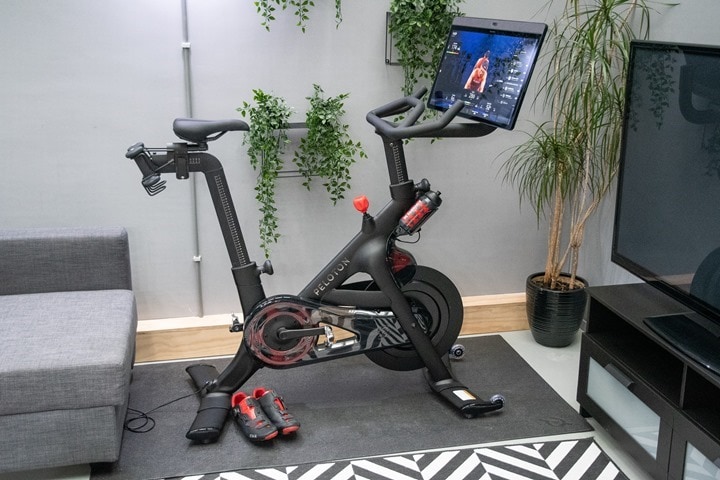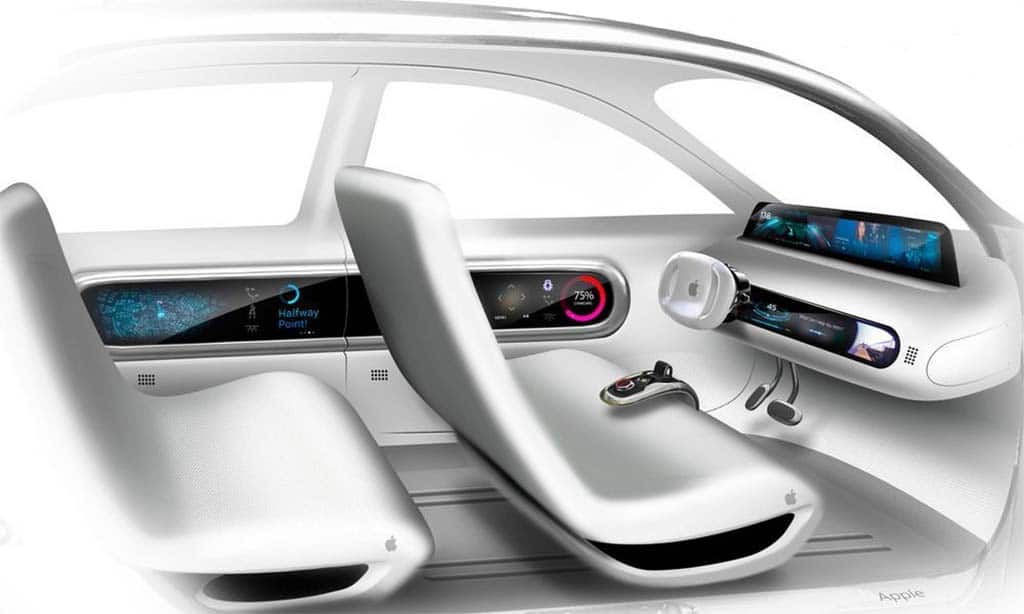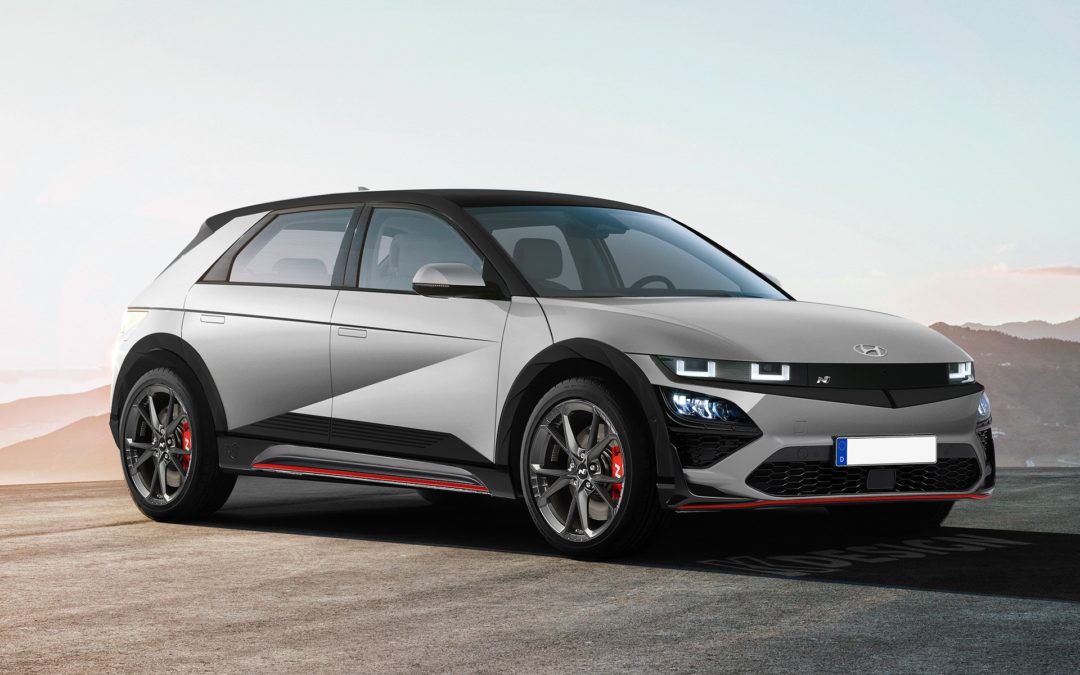
Insights

Peloton Shifting Manufacturing From Asia to the USA
Peloton has announced plans to invest $400 million in a US factory to produce its bikes and treadmills, located in Troy Township, Ohio, near Toledo. The facility, which is planned to be approximately a million square feet, is called the Peloton Output Park. Peloton hopes it will eventually lead to lower prices for its products.
Currently, Peloton manufactures most of its fitness equipment in Taiwan, while many of its customers are in the US. This caused expensive shipping delays earlier this year as the company ran into both heightened demand and long shipping times resulting from the pandemic.
https://www.theverge.com/2021/5/24/22451515/peloton-400-million-factory-ohio-treadmill-bikes

Cross-Border Air Cargo Is The Secret To Solving Problems
The Laredo (Texas) International Airport recently announced a new pilot program partnership with UPS that aims to increase efficiencies in air cargo operations.
The program aims to save shippers time and money while maintaining security by utilizing UPS’ existing supply chain within the U.S. to ship cargo from Laredo to Guadalajara International Airport in Mexico.
As part of the program, merchandise will be pre-cleared in Laredo to be shipped to Mexico as a domestic shipment. Cost savings could be accomplished by utilizing a consolidated shipper and its existing flight route structures in the U.S., which could lower costs for customers, according to a release from the city of Laredo.
“This efficient and secure pre-clearance pilot will support businesses and economic prosperity on both sides of the border, helping communities to bounce back faster from the effects of the COVID-19 pandemic,” Maria Luisa Boyce, vice president for UPS global public affairs, said in a statement.
Look for this approach to be expanded to other cross-border air cargo pairs between the US and Mexico.
https://www.lmtonline.com/news/article/Laredo-s-airport-introduces-new-cargo-program-16186862.php

EV Market Attractive To Apple
Today’s automobiles use up to 200 internal computers and cars are becoming computers on wheels. So, it’s no surprise that Apple is joining other tech companies in eyeing the $5 trillion auto market. Apple has not commented on its EV plans, but it has been contemplating a role in autos for years.
It has also been reported that Apple recently approached auto makers including Hyundai about a potential manufacturing partnership, then saw talks fizzle. “We have seen enough echoes in the supply chain that we know Apple is really looking into every detail of car engineering and car manufacturing,” says Peter Fintl, director of technology and innovation for Capgemini Engineering Germany, part of a multinational that works with dozens of auto makers and parts manufacturers. “But nobody knows if what Apple creates will be a car or a tech platform or a mobility service,” he adds.
If Apple jumps into the EV market, it could form a strategic partnership with an existing vehicle manufacturer. It seems that Apple might favor an Asian partner, such as Toyota or Honda, or even Foxconn, since Foxconn is now in the EV space and has a long-standing manufacturing relationship with Apple, making iPhones.
Stay tuned for what happens next, but Apple would be a formidable competitor and a potential serious threat to Tesla in the rapidly expanding EV industry.

Another Massive EV Manufacturing Commitment For the US
Hyundai Motor Group will invest $7.4 billion in American manufacturing over the next four years. The investment is intended to expand its manufacturing footprint in the U.S. Specifically, it will help supply Hyundai and Kia’s electric ambitions. The company plans to use the money to produce a suite of electric vehicles for the US market.
“One key element of Kia’s transformation is transitioning from internal combustion engine to electrification,” says Sean Yoon, President and CEO of Kia North America. “With our strategic investment in the United States to produce EV models, we are making huge strides to lead the EV market but also increase our contribution to the economies where we do business.”
Hyundai currently operates a single factory in the U.S. located in Montgomery, Alabama while Kia operates a single factory in West Point, Georgia. It also operates a facility in Mexico. Guidehouse Insights principal analyst Sam Abuelsamid suggests that due to the timing of the investments, it seems likely that Hyundai will look to boost production at both the Alabama and Georgia facilities. He suggested that the investment could also include “one additional plant dedicated to EV production.”

Big EV Win For Foxconn, Fisker and the US
Electric car startup Fisker signed an agreement with Foxconn, the Taiwanese company that assembles iPhones, to co-develop and manufacture a new $30,000 electric vehicle. Production on the car, which will be sold under the Fisker brand name in North America, Europe, China and India, will begin in the U.S. by the end of 2023.
Fisker is calling the joint program Project PEAR, which stands for Personal Electric Automotive Revolution. Fisker chairman and CEO Henrik Fisker indicates that the PEAR vehicle will be the “next big thing in car design,” a car that’s both “emotionally desirable” and “eco-friendly.”
https://techcrunch.com/2021/05/13/fisker-and-foxconn-sign-deal-to-build-electric-vehicles/
Contact Us

